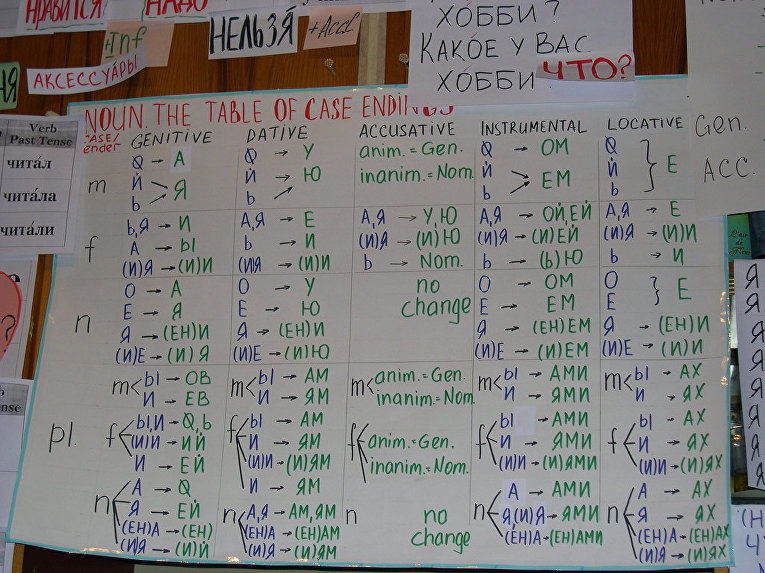MOSCOW, October 4 (RAPSI, Oleg Sivozhelezov) – The Supreme Court of Russia has upheld requirement to provide a document confirming knowledge of Russian language for obtaining Russian citizenship, RAPSI correspondent reports from the courtroom on Wednesday.
The Court’s board dismissed an administrative lawsuit seeking to declare the law regulating procedure of obtaining citizenship inoperative. The applicant, Firangiz Guseynova asked to cancel the requirement to provide a document confirming that a person can speak and write in Russian language.
The applicant’s representative noted that Guseynova, a citizen of Azerbaijan, is married to a Russian national since 2014 and lives in Russia, but due to the lack of citizenship she has to periodically leave the country. According to her lawyer, she does not have an education and can’t learn Russian language because of complicated life circumstances. In this case, he argued, government violates the European Convention on Human Rights by intruding in the family life of an applicant.
The representative also asked the court to include illiterate people in the list of persons freed from requirement to confirm their knowledge of Russian language. Currently, the law in question makes exceptions only for elderly and handicapped people.
The defendant, representing Russian President, said that the law sets clear requirements for obtaining citizenship. He argued that elderly and handicapped persons are freed from the requirement because they have a harder time learning. At the same time, Guseynova, a woman of 32, should not have problems with learning Russian language because there are opportunities to do so both in Russia and Azerbaijan. He added that illiteracy is hard to verify and that illiterate people should not be included in the list of exceptions.
In addition, the President’s representative noted that the government is not intruding in the family life and is only concerned with official procedure. People willing to obtain Russian citizenship must know Russian language to fully understand their rights and obligations under Russian legislation, he said. He also recalled legal practice of the European Court of Human Rights (ECHR) confirming the right of state to set such language requirements. As one of the applicant’s arguments was concerned with her living in a Muslim family, the defendant citied specialist in Sharia law confirming obligation of Muslims to oblige with laws of country of residence.
Russia’s Prosecutor General’s Office argued to dismiss the lawsuit.



